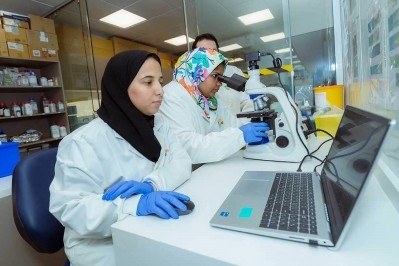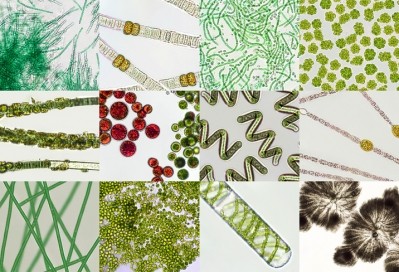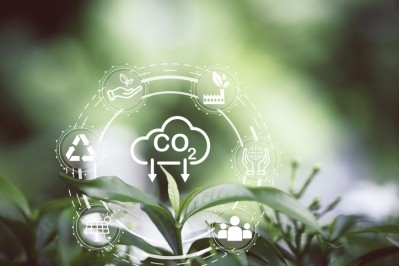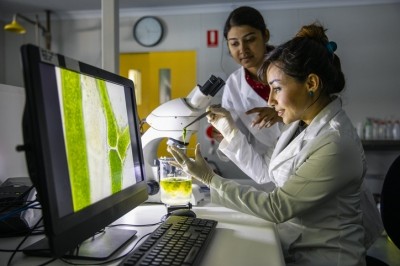Algiecel secures €1.3m to develop its algae-based carbon capture and utilization technology
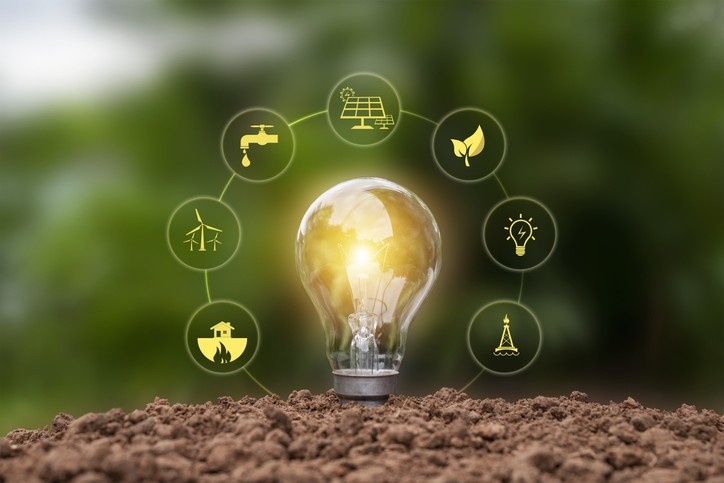
“That fund has kept a keen eye on our progress. They are impressed with the quick pace of the company’s development,” Henrik Busch-Larsen, who founded Algiecel in May 2021, told FeedNavigator.
“Our ability to design and build quickly has been key to getting positive results,” he added.
The company was established with the idea of converting CO2 emissions into feasible business opportunities - Algiecel’s container-based, high yield photobioreactors use microalgae organisms to capture CO2 for transformation into high value commodity products such as omega-3 oils and protein to be used in food and feed products.
The startup is promoting a revenue-sharing business model, with containers deployed next to a point of industrial CO2 emission such as biogas plants. “Carbon emitters would need to invest in the photobioreactor but the revenue from the sales of derivative products will be shared with the clients so, over time, the process would be cost-neutral,” Busch-Larsen told us previously.
Algiecel will allocate the latest funds towards optimization of the algae-based carbon capture and utilization (CCU) technology. It achieved key milestones in 2022, securing letters of intent from potential buyers, getting accepted into the BioInnovation Institute’s Venture Lab program, finalizing the design and construction of its pilot plant, and setting up a collaboration agreement with Danish Technical Institute (TI). Its pilot plant is in operation at TI’s premises in Taastrup in Denmark, with the unit generating strong results to date, said the CEO.
The innovator also received a DKK 3 million grant last year, from EU React, which will go towards the engineering and design of a full-scale microalgae photobioreactor and the conceptual design of the future container-based downstream processing unit.
Downstream processing
The extent of the downstream processing of the food and feed products that will take place in the container units deployed at industrial emitters is still under evaluation, said Busch-Larsen, who was co-founder and CEO of Unibio before this initiative.
“We, as a company, will be very much focused on the design and operations of the photobioreactor and we will bring in a partner that will deal with the downstream processing of the products.”
On the feed side, as the drying process comes with a significant energy cost, Algiecel would like to develop a system whereby it can end up with a wet feed product, one comprising 40% dry matter, explained the CEO. The aquaculture sector would be an obvious target for such an ingredient, he noted.
Product trials
This year will see the startup focusing heavily on product application trials. “We are going to start harvesting now, and that will allow us to produce our first test material; if that goes according to plan, in terms of quality specifications, we have potential buyers – companies operating in the food, feed and cosmetics sectors - lined up to evaluate that sample material.”
The algae strain that Algiecel is using has not yet secured novel food approval though. “That is a focus for the future, it will be a key development area.”
Feed registration is more straightforward, with the strain set to be categorized as a feed material, he explained. “Though we would have to ensure the right procedures are implemented at our production site.”
Funding boost
Deployment of containers to industrial sites is envisaged to get underway this year but that plan depends on KPI targets being hit.
Additional funding will evidently be needed as the development of the technology continues. “We would look to target venture capitalists in that respect. The VC market has definitely become more conservative but, from our perspective, with us sitting on a technology that can decouple food and feed production from land, we believe that will raise our chances of success in attracting venture capital,” commented Busch-Larsen.
